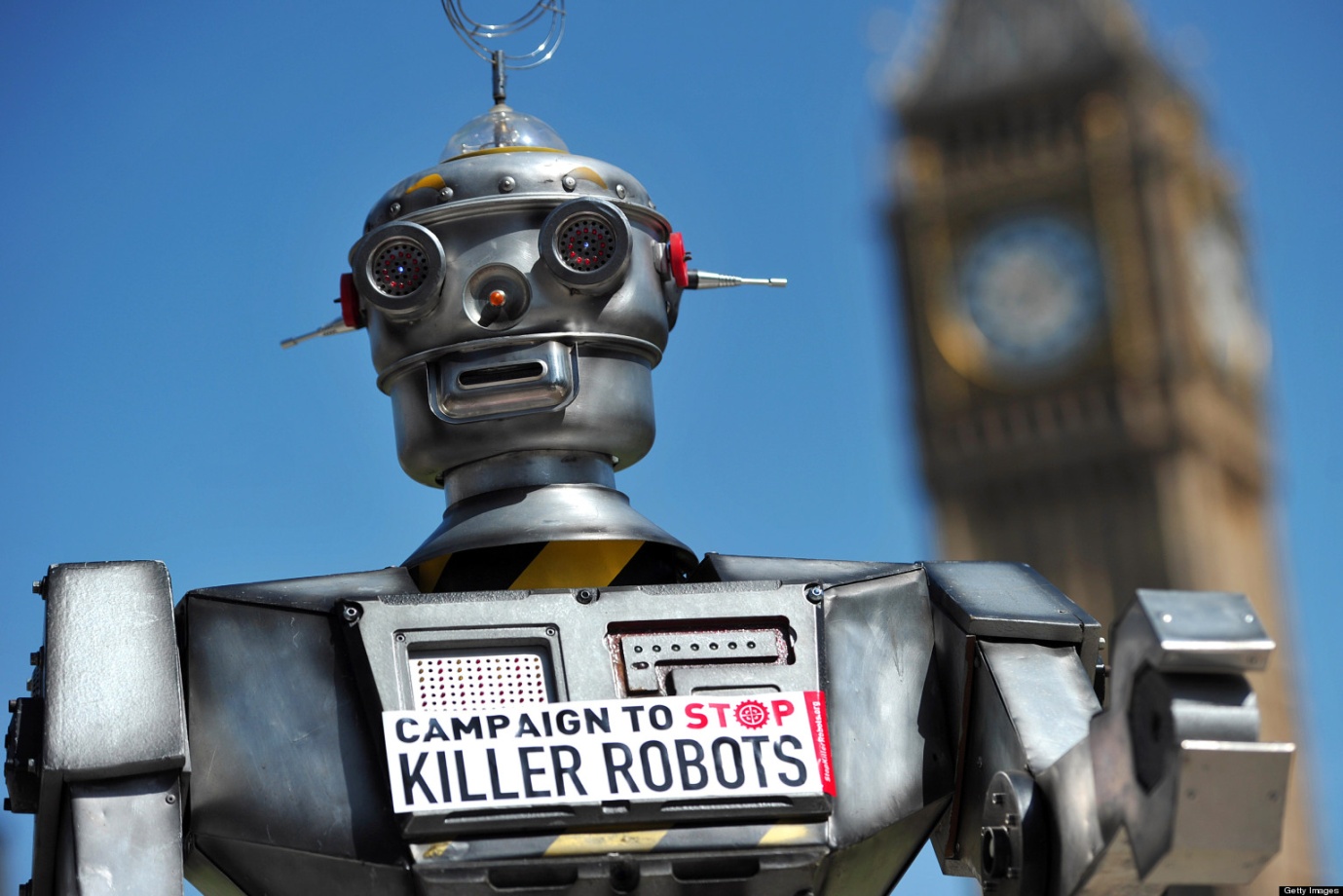Why it matters if people are racist: A Response to Neil Levy’s Leverhulme Lectures
Author: Fergus Peace, BPhil student, University of Oxford
Podcasts of Prof. Levy’s Leverhulme lectures are available here:
http://media.philosophy.ox.ac.uk/uehiro/HT16_LL_LEVY1.mp3
and http://media.philosophy.ox.ac.uk/uehiro/HT16_LL_LEVY2.mp3
It’s only a little more than forty years ago that George Wallace won the contest for Governor of Alabama by running ads with slogans like “Wake up Alabama! Blacks vow to take over Alabama” and “Do you want the black bloc electing your governor?” That year, 1970, 50% of people surveyed in the American South said they would never – under any circumstances – vote for a black President. By 2012, that number was down by 8%, and it’s hard to deny that open, avowed racism has been in steep decline for most of the last forty years. But even as people’s overt commitment to racism declines, experiments still show that black candidates are less likely to be given job interviews than equally qualified white candidates; African-Americans are still disproportionately likely to be imprisoned, or shot by police.
So what’s going on? That is the motivating puzzle of Professor Neil Levy’s Leverhulme Lectures, and his answer centres on an increasingly well-known but still very disturbing psychological phenomenon: implicit bias. There are a range of tests which have uncovered evidence of implicit negative attitudes held – by a majority of white Americans, but a sizeable number of black Americans too – against black people. Harvard University’s ‘Project Implicit’ has a series of Implicit Association Tests (IATs); Keith Payne, among others, has developed tests of what he calls the Affect Misattribution Procedure (AMP). IATs ask us to sort faces and words according to their race and ‘valence’, and we find that task much easier when we have to associate black faces with negative words than we do otherwise. Tests of the AMP ask subjects to rate the pleasantness of an image which is entirely meaningless to them – a Chinese character, for people who don’t speak Chinese – and find that they rate it less pleasant if they’re shown an image of a black face immediately beforehand.
There’s no doubt these results are unsettling. (If you want to do an IAT online, as you should, you have to agree to receiving results you might disagree or be uncomfortable with before you proceed.) And they’re not just subconscious attitudes which are uncomfortable but insignificant; implicit bias as measured by these various tests is correlated with being less likely to vote for Barack Obama, and more likely to blame the black community for violence in protests against police brutality. Tests in virtual shooting ranges also reveal that it correlates with being more likely to shoot unarmed black men when given the task of shooting only those carrying weapons. Implicit biases certainly seem to cause, at least partly, racist actions and patterns of behaviour, like being quicker to shoot at unarmed black people and less likely to invite them for job interviews.
Professor Levy’s lectures grappled with two questions about these attitudes: first, do they make you a racist; and second, are you morally responsible for actions caused by your implicit biases? If you, like me, abhor racism and make that abhorrence at least some part of your political and social identity, but nonetheless come away with a “moderate automatic preference for European … compared to African” on the race IAT, then are you – protestations to the contrary – a racist? His answer to this question in the first lecture, based on the current state of conceptual investigation of what racism is and empirical evidence about the character of implicit biases, was a qualified no: they don’t clearly count as beliefs, or even as feelings, in a way that could let us confidently call people racist just because they possess them.
The second question is similarly complex. When interviewers prefer white applicants over equally qualified black ones, due to their implicit attitudes, are they responsible for the racist character of that action? Levy focused largely on the ‘control theory’ of moral responsibility, which says that you’re responsible for an action only if you exercise sufficient control over it. Levy’s answer to this question is a pretty clear no: implicit attitudes don’t have the right sort of attributes (in particular, reliable responsiveness to reasons and evidence) to count as giving you control over the actions they cause.
I find it very hard to disagree with the core of Professor Levy’s arguments on his two questions. The points I want to make in response come from a different direction, because after listening to the two lectures I’m not convinced that these are the important questions to be asking about implicit bias.
Read More »Why it matters if people are racist: A Response to Neil Levy’s Leverhulme Lectures


